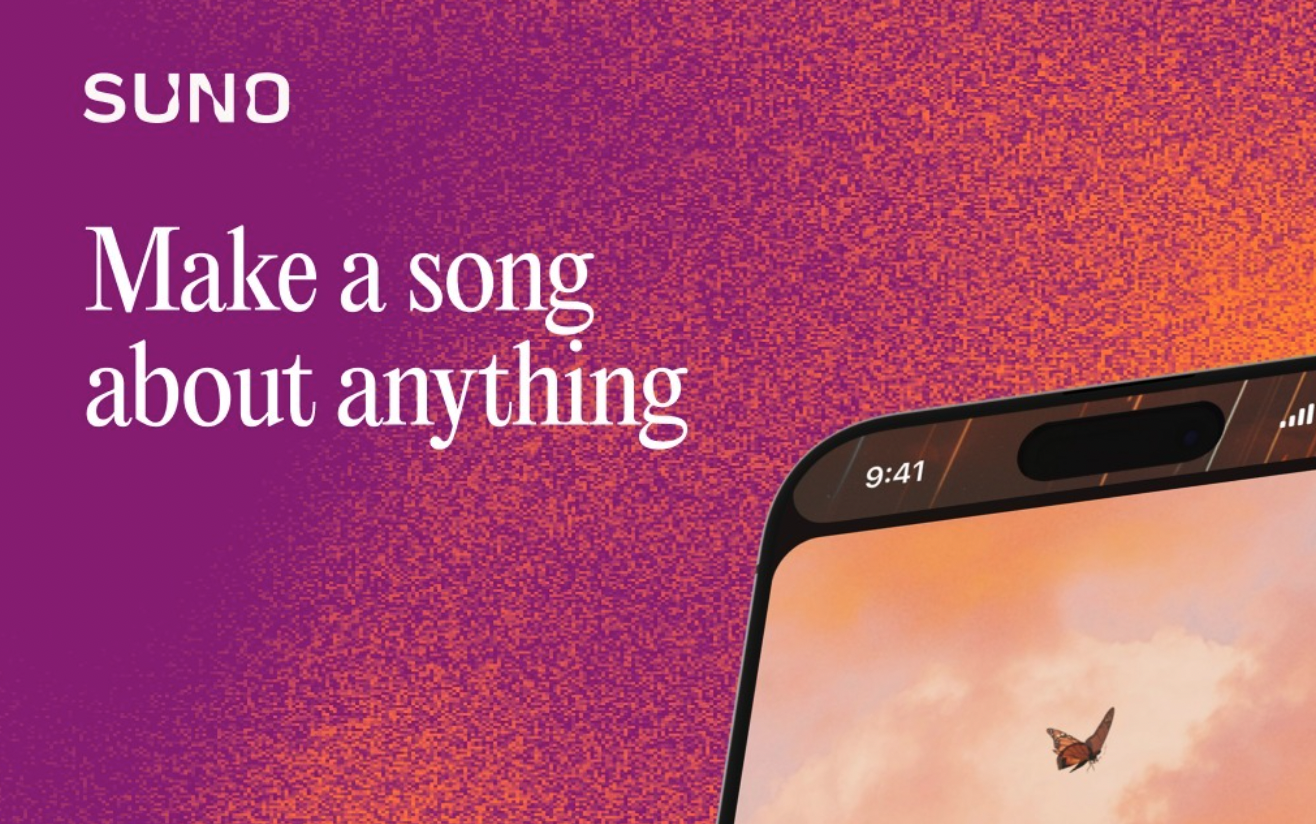“Suno’s training data includes essentially all music files of reasonable quality that are accessible on the open internet.”
“Rather than trying to argue that Suno was not trained on copyrighted songs, the company is instead making a Fair Use argument to say that the law should allow for AI training on copyrighted works without permission or compensation.”
Archived (also bypass paywall): https://archive.ph/ivTGs



I agree that the current state of laws is overkill by about an order of magnitude, and that’s obviously bad.
But you do need some amount of protection for works created. Imagine being a photographer, you can’t make money. You make some nice photos, and how do you sell them? If you send a sample to someone, they can just print that and you can do nothing. There’s no copyright after all. It isn’t somthing you can protect legally, so you can’t stop them or sue them for compensation. There’s also a flip side from the corporate perspective: You might find employment as a full time photographer in places that need them, but what about all the companies that just need an occasional picture? You can’t contract it out, because you have no way to negotiate anything if their work isn’t protected, you can’t even look at samples cause nobody would ever dare showing any or they might just be used.